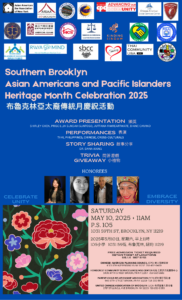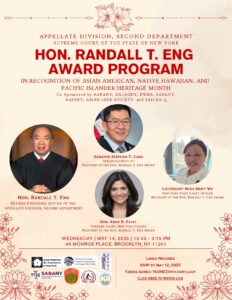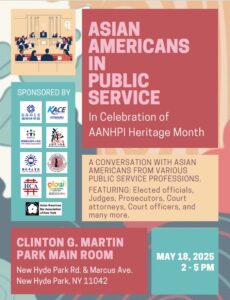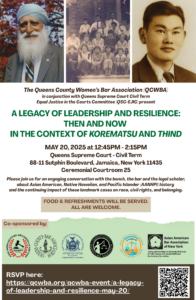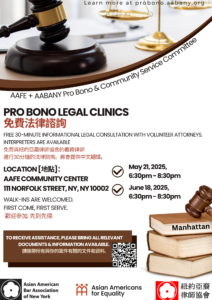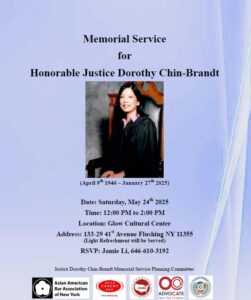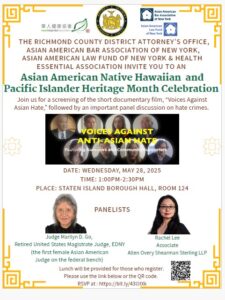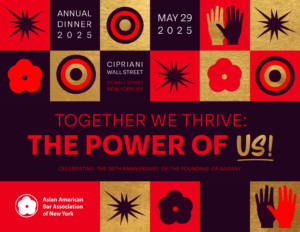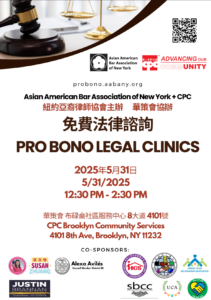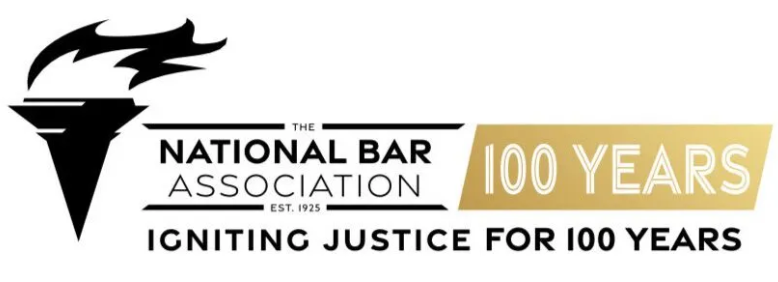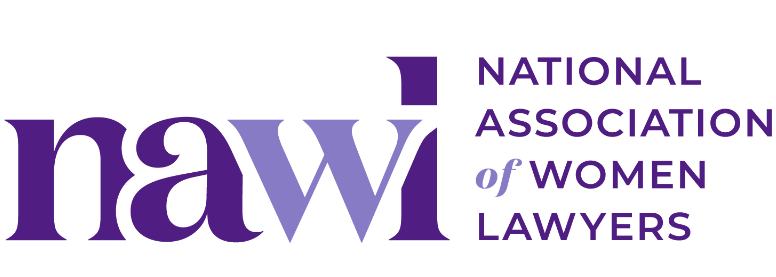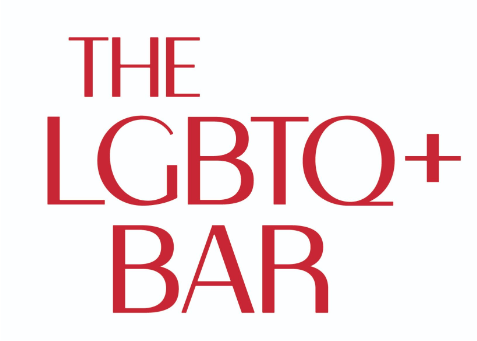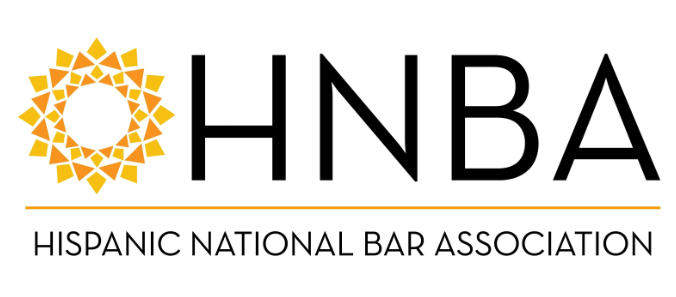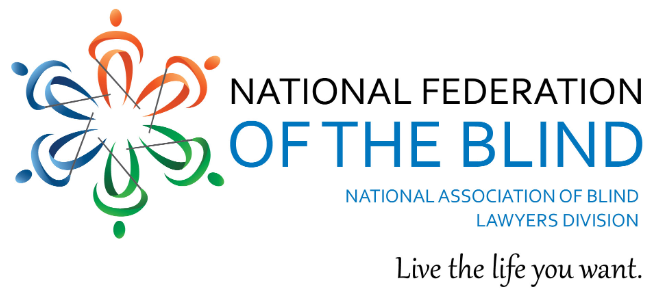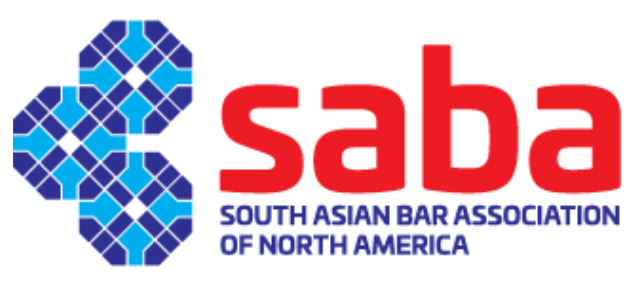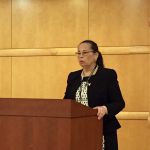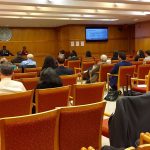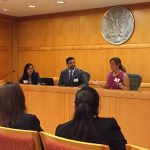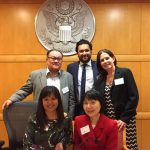
| For Immediate Release Date: May 9, 2025 | Contact Rahat N. Babar, Deputy Executive Director |
WASHINGTON – The National Asian Pacific American Bar Association (NAPABA) extends its sincere condolences to the family and friends of Justice David H. Souter, who passed away yesterday. Justice Souter served on the Supreme Court of the United States for 19 years.
“Justice Souter’s devotion to public service defined his life,” said NAPABA President Thy Bui. “From a small law firm in Concord, New Hampshire, to the highest court in the land, he left an indelible mark on the Nation’s jurisprudence. On behalf of the entire NAPABA community, we celebrate his legacy and send our condolences to his loved ones.”
Justice Souter graduated from Harvard College, studied as a Rhodes Scholar, and graduated from Harvard Law School. After practicing at the firm of Orr and Reno, Justice Souter joined the New Hampshire Attorney General’s Office, ultimately rising to become the New Hampshire Attorney General in 1976. Two years later, the governor of New Hampshire appointed Justice Souter to the state trial court bench. In 1983, Justice Souter joined the New Hampshire Supreme Court, and in 1990, President George H.W. Bush nominated him to the U.S. Court of Appeals for the First Circuit. The U.S. Senate confirmed his nomination unanimously. Only two months later, President Bush nominated Justice Souter to the U.S. Supreme Court, and the U.S. Senate confirmed his nomination by a vote of 90 to 9. Justice Souter retired from the Court in 2009.
###
The National Asian Pacific American Bar Association (NAPABA) represents the interests of over 80,000 Asian Pacific American (APA) legal professionals and nearly 90 national, state, and local APA bar associations. NAPABA is a leader in addressing civil rights issues confronting Asian American, Native Hawaiian, and Pacific Islander communities. Through its national network, NAPABA provides a strong voice for increased diversity of the federal and state judiciaries, advocates for equal opportunity in the workplace, works to eliminate hate crimes and anti-immigrant sentiment, and promotes the professional development of people of all backgrounds in the legal profession.




